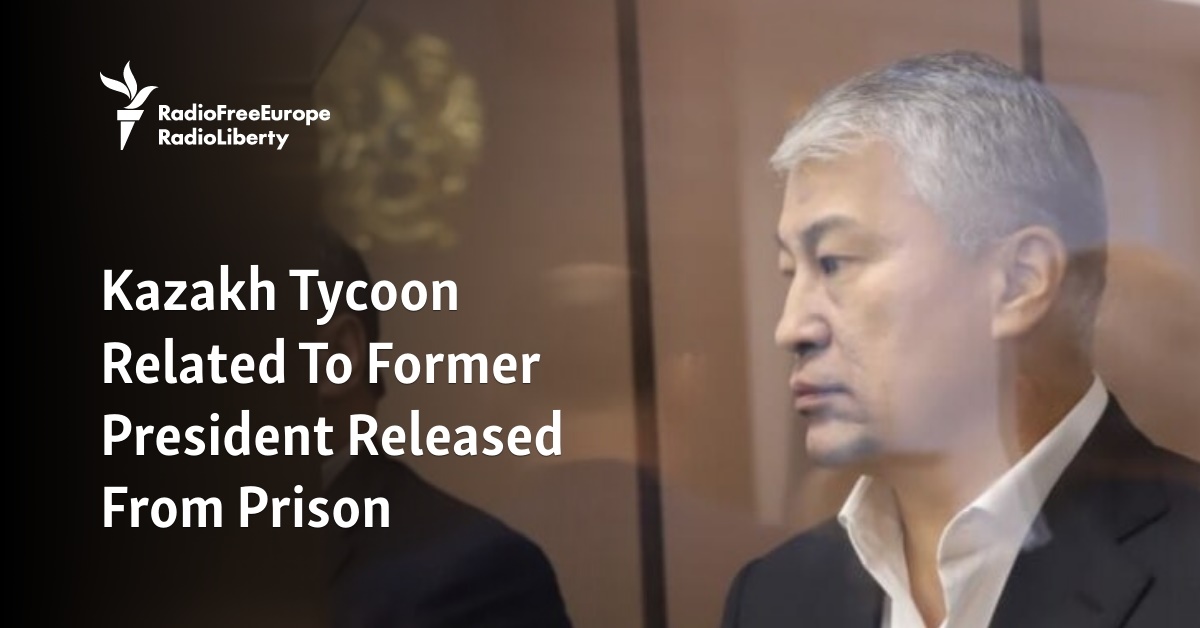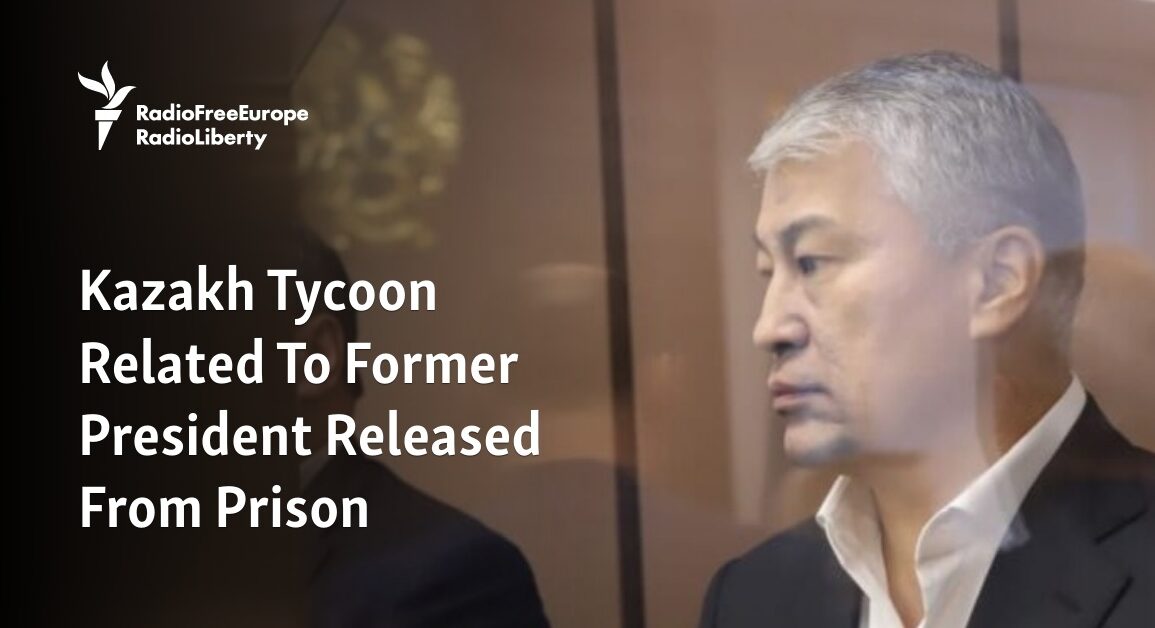
German Foreign Minister Annalena Baerbock has again appealed for a rapid continuation of peace talks between Azerbaijan and Armenia under the mediation of EU Council President Charles Michel.
“People throughout the region are hoping for peace. This requires a willingness for the benefit of all Azerbaijanis and Armenians to find a new way of living together,” Baerbock said on November 4 after talks with Azerbaijani Foreign Minister Jeyhun Bayramov in Baku.
This is the only way to achieve lasting peace, she said, adding that this would also be in Azerbaijan’s interests.
Baerbock’s trip to the Caucasus comes six weeks after a lightning offensive by Azerbaijani forces retook the territory of Nagorno-Karabakh following decades in which Yerevan-backed ethnic Armenians controlled the Azerbaijani territory. More than 100,000 ethnic Armenians fled Nagorno-Karabakh for Armenia after the Azerbaijani offensive, virtually emptying out the territory.
Bayramov is open to continuing the peace talks with Armenia, but he accused Yerevan of unlawful territorial claims. He said Iran and Turkey also were potential mediators, but added that the format and location of the negotiations were secondary matters.
However, Baerbock expressed her concern over whether “some actors would act as honest brokers.”
Baerbock traveled earlier on November 4 to Armenia’s border with the autonomous Azerbaijani exclave of Naxcivan and participated in a patrol by the civilian EU Mission in Armenia (EUMA). The mission is tasked with monitoring the security situation along the Armenian side of the border.
On November 3, Baerbock urged Armenia and Azerbaijan to return to the negotiating table and seek a political solution to their decades-old conflict over Nagorno-Karabakh.
“There is no other way for long-term peace between Armenia and Azerbaijan than the negotiation table,” Baerbock said during a visit to Yerevan.
Mediation efforts led by European Council President Charles Michel “are a bridge that can show the fastest way to peace,” Baerbock said after talks with Armenian Foreign Minister Ararat Mirzoyan.
Yerevan and Baku have made progress on the various problems, including demarcation, she said, and that has “raised hope that you can come to a peaceful solution.”
Mirzoyan acknowledged Germany’s efforts to achieve peace in the region but also said Azerbaijan had broken its promise to not engage in hostilities.
“Armenia has the will to take the path of peace in the region,” he said, but he also noted humanitarian problems, Armenian prisoners of war, and the need to recognize the territorial sovereignty of both countries.
WATCH: Ethnic Armenian Rafik Sarkisian rode his beloved horse from Nagorno-Karabakh to safety in Armenia after Azerbaijani forces attacked Nagorno-Karabakh on September 19. He traveled for over 24 hours before a local Armenian family took in the exhausted 60-year-old.
Armenian Deputy Foreign Minister Paruyr Hovhannisian earlier on November 3 touted Baerbock’s visit to discuss possible peace efforts and to honor victims of Ottoman-era mass killings as “important [and] perhaps historic.”
Hovhannisian told the Armenian parliament that the stop “shows Germany’s commitment to invest in the [peace] process as a weighty member of the European Union.”
Hours after her arrival, Baerbock laid a wreath at a memorial to the victims in 1915-16 of mass killings of more than 1 million ethnic Armenians by Ottoman Empire authorities in a tragedy over which Turkey has expressed regret but resisted acknowledging as genocide.
German lawmakers joined many other countries in 2016 by passing a resolution describing it as genocide.
The Azerbaijani-Armenian conflict that remained open since the 1990s has for years threatened to escalate into war that could drag in Russian, Turkish, or Iranian forces in an area where Europe and the West also remain heavily engaged.
Nagorno-Karabakh initially came under the control of ethnic Armenian forces, backed by the Armenian military, as the Soviet Union crumbled in separatist fighting that ended in 1994. During a war in 2020, however, Azerbaijan took back parts of Nagorno-Karabakh along with surrounding territory that Armenian forces had claimed during the earlier conflict.
Last month, Azerbaijani President Ilham Aliyev raised his country’s flag in the main city of Nagorno-Karabakh, known as Xankendi to Azerbaijanis and Stepanakert to the territory’s ethnic Armenians.
With reporting by dpa
This post was originally published on this site be sure to check out more of their content.







